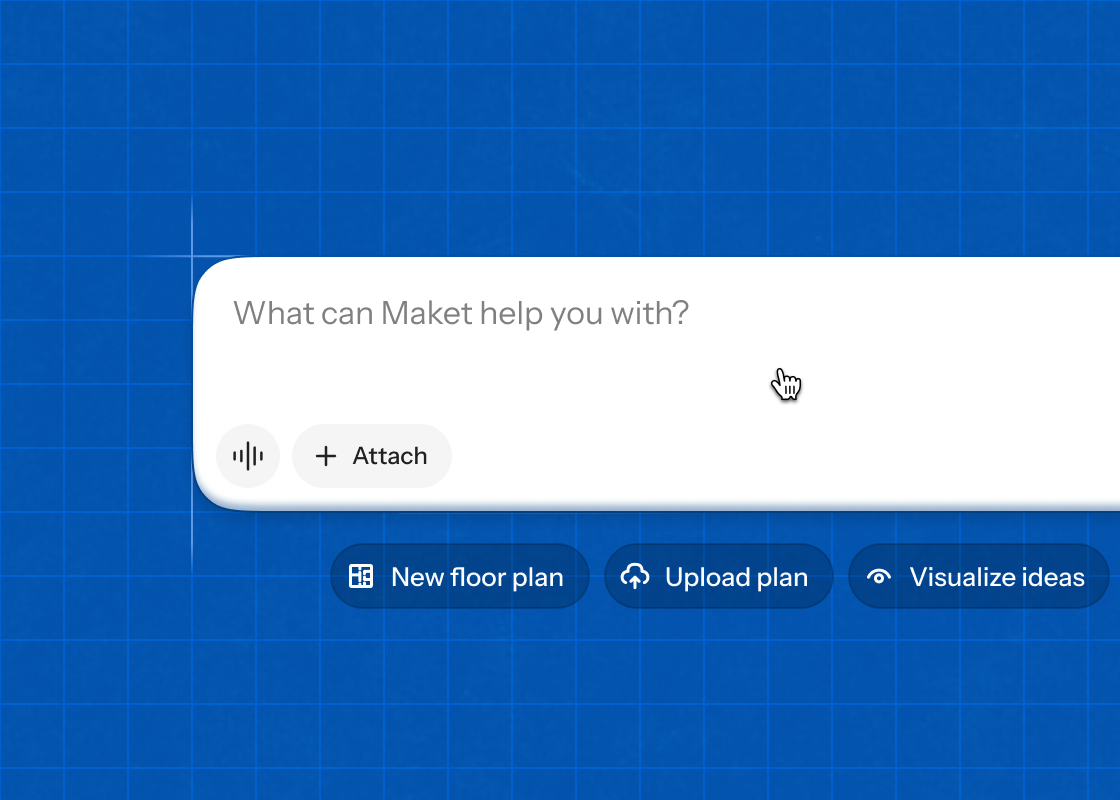
How Generative AI Can Help Automate Property Development Data Analysis and Reporting
As the property development industry continues to grow, so does the amount of data that needs to be analyzed and reported on. This can be a daunting task, as the data can be complex, hard to interpret, and time-consuming to analyze manually. That's where generative AI comes in. Generative AI has the potential to automate data analysis and reporting, making it faster, more accurate, and effective.
Throughout this blog we will go over how generative AI can help automate property development data analysis and reporting and the challenges it can overcome.
The Challenges of Data Analysis and Reporting in Property Development
Property development data can be complex and hard to interpret, so analyzing it can be a challenge. The data can come from a variety of sources, such as financial reports, construction timelines, and market trends, and can be difficult to consolidate and analyze. Manual data analysis is time-consuming and can lead to errors, while traditional methods may not be effective. In addition, the data can be subjective, with people interpreting it differently.
To overcome these challenges, property developers need a more efficient and accurate way of analyzing and reporting on data. Generative AI has the potential to do just that.
How Generative AI Can Help in Property Development
Generative AI works by analyzing large amounts of data and using that analysis to generate new data that can be used for a variety of purposes, such as forecasting, modeling, and simulation. Generative AI can help automate property development data analysis and reporting by analyzing large amounts of data quickly and accurately, freeing up time for property developers to focus on other important tasks.
For example, it can analyze financial reports and forecast future financial performance, identify trends in market data, and even help with the design and construction of buildings. This can save property developers time and money, while also improving the accuracy of their data analysis and reporting.
Implementing Generative AI in Property Development
Implementing generative AI in property development data analysis and reporting involves several steps. First, property developers need to identify the types of data they want to analyze and report on. They also need to identify the specific tasks they want to automate with generative AI.
Next, property developers need to collect and organize the data. This may involve consolidating data from multiple sources and cleaning the data to ensure its accuracy.
Once the data is collected and organized, property developers need to choose the appropriate generative AI technique for the task at hand. This may involve training the algorithm on the data or using a pre-trained algorithm.
Finally, property developers need to integrate the generative AI system into their existing systems and workflows. This may involve creating an API or using existing software that integrates with generative AI.
Challenges of Implementing Generative AI in Property Development
One challenge is the availability and quality of data. Generative AI relies on large amounts of data to generate accurate predictions, and if the data is incomplete or inaccurate, the results may not be reliable. Property developers need to ensure that their data is comprehensive, accurate, and up-to-date.
Another challenge is the complexity of the algorithms used in generative AI. These algorithms can be complex and difficult to understand, making it challenging for property developers to explain the results to stakeholders who may not have a technical background.
Finally, there is the challenge of integration with existing systems and workflows. Integrating generative AI into existing systems may require significant changes to workflows and may be disruptive to established processes.
Benefits of Using Generative AI in Property Development
Despite the challenges, there are significant benefits to using generative AI in property development data analysis and reporting.
One benefit is increased accuracy. Generative AI can analyze large amounts of data quickly and accurately, reducing the likelihood of errors caused by human error or subjective interpretation.
Another benefit is increased efficiency. Generative AI can automate repetitive tasks, freeing up time for property developers to focus on other important tasks.
Finally, generative AI can provide valuable insights that may not be apparent through traditional data analysis methods. By identifying patterns and relationships in the data, generative AI can provide property developers with insights that they may not have considered.
Conclusion
Generative AI has great potential when it comes to property development data analysis and reporting. By automating data analysis and providing valuable insights, generative AI can save property developers time and money, while also improving the accuracy and efficiency of their data analysis and reporting. While there are challenges to implementing generative AI, the benefits are significant and make it an attractive option for property developers looking to stay ahead in a competitive industry.








.png)

